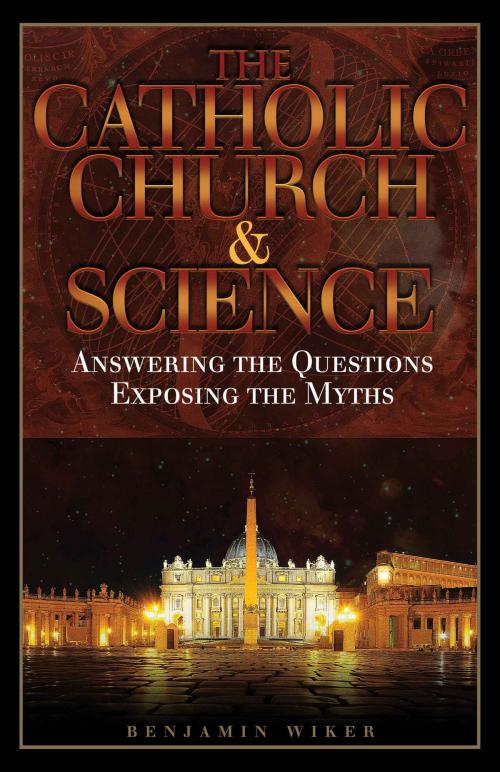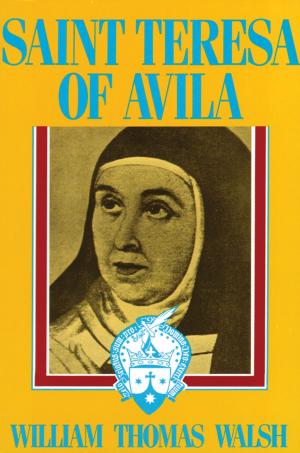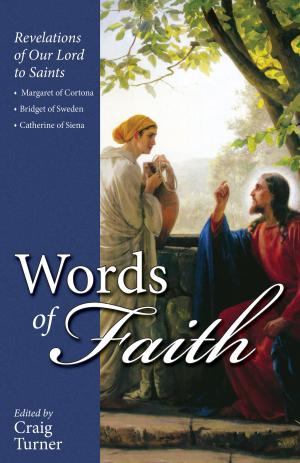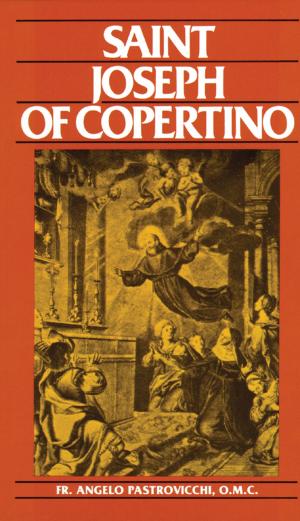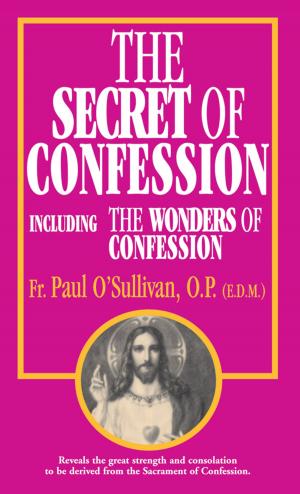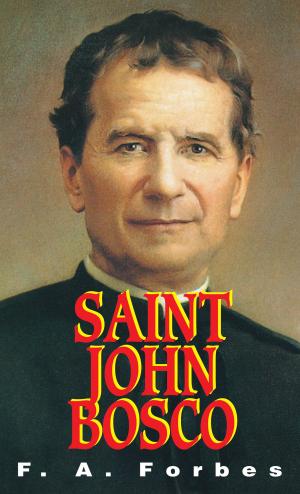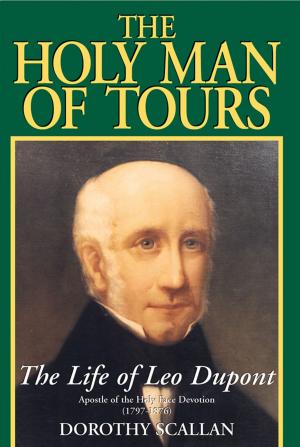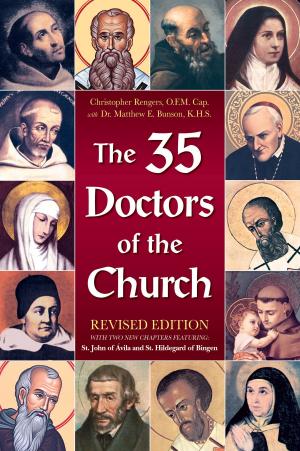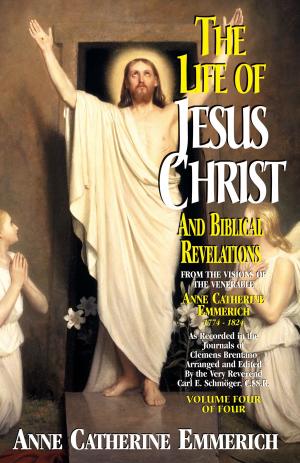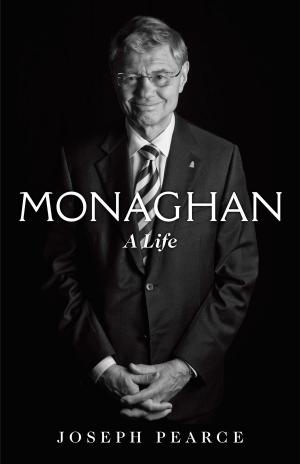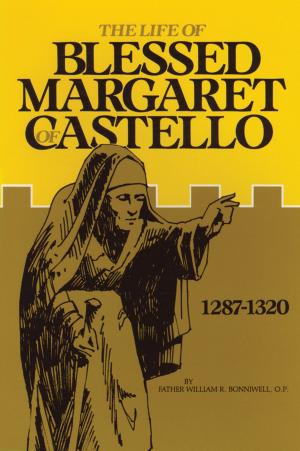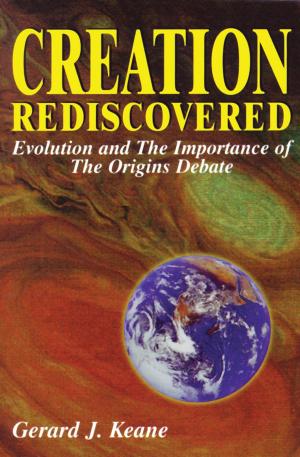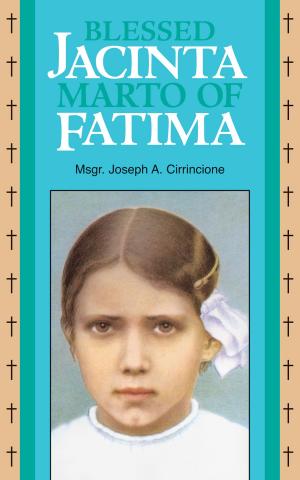The Catholic Church & Science
Answering the Questions, Exposing the Myths
Nonfiction, Religion & Spirituality, Christianity, Denominations, Catholic, Catholicism, Theology| Author: | Benjamin Wiker Ph.D. | ISBN: | 9780895559425 |
| Publisher: | TAN Books | Publication: | March 1, 2011 |
| Imprint: | TAN Books | Language: | English |
| Author: | Benjamin Wiker Ph.D. |
| ISBN: | 9780895559425 |
| Publisher: | TAN Books |
| Publication: | March 1, 2011 |
| Imprint: | TAN Books |
| Language: | English |
Were the Middle Ages dark for science? Did the pope say Darwin was right? From the Big Bang to Galileo, from the origins of life on Earth to the existence of life on other planets, The Catholic Church and Science clears away the fog of falsehood and misunderstanding to reveal a faith whose doctrines do not contradict the facts of science, but harmonize with them and a universe whose uncanny order and precision point not to chance assemblage by random forces, but to the purpose-built design of an intelligent creator.Author Ben Wiker (The Darwin Myth, A Meaningful World) takes on the most common errors that modern materialistic thinkers, convinced that faith and science must be mortal enemies, have foisted into popular culture. With great learning, clarity, and wit he tackles stubborn confusions many people have about the relationship between Christianity especially Catholicism and the empirical sciences, and separates truth from lies, the factual from the fanciful.
Were the Middle Ages dark for science? Did the pope say Darwin was right? From the Big Bang to Galileo, from the origins of life on Earth to the existence of life on other planets, The Catholic Church and Science clears away the fog of falsehood and misunderstanding to reveal a faith whose doctrines do not contradict the facts of science, but harmonize with them and a universe whose uncanny order and precision point not to chance assemblage by random forces, but to the purpose-built design of an intelligent creator.Author Ben Wiker (The Darwin Myth, A Meaningful World) takes on the most common errors that modern materialistic thinkers, convinced that faith and science must be mortal enemies, have foisted into popular culture. With great learning, clarity, and wit he tackles stubborn confusions many people have about the relationship between Christianity especially Catholicism and the empirical sciences, and separates truth from lies, the factual from the fanciful.
